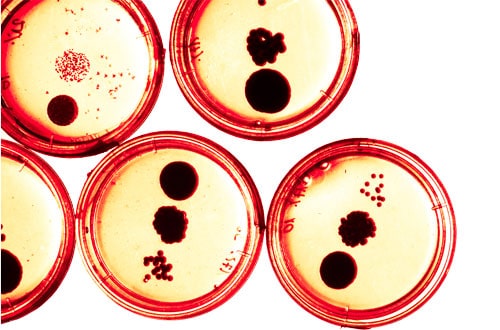
Roche has bought US diagnostics firm GeneWeave in a deal – valued at $425m – that will help its antibiotic development programme for resistant infections.
California-based GeneWeave has developed a diagnostic technology called ‘Smarticles’ that can rapidly identify the bacteria causing an infection and, at the same time, determine which antibiotics will be effective in treating it.
The first product in development at GeneWeave is vivoDx, a fully automated system for detecting multi-drug resistant (MDR) organisms and antibiotic therapy guidance, which is currently being evaluated in multiple sites across the US.
The acquisition is the latest in a series of deals signed by the Swiss pharma major to populate its pipeline with new antimicrobial drugs along with diagnostics to guide their use and prevent the development of resistance.
Like many of its peers in pharma, Roche ducked out of antibiotic research for many years but re-entered the sector two years ago with a $560m deal to license Polyphor’ POL7080 for hospital-acquired Pseudomonas aeruginosa infections.
In 2014 it signed a $142.5m deal with Phylogica and a $191m agreement with Discuva, both deals providing access to drug discovery platforms for novel antibiotics, along with an option to acquire a drug candidate from start-up Spero.
Earlier this year, it added to the portfolio once more via a $750m antibiotic licensing deal with Meiji Seika and Fedora for OPO595, a beta-lactamase inhibitor in early clinical development for multi-drug resistant (MDR) infections.
Adding GeneWeave to the mix “strengthens our microbiology diagnostics offerings with cutting-edge technology that will aid in the fight against drug-resistant bacteria,” said Roland Diggelmann, chief operating officer of Roche Diagnostics.
The system “has the potential to provide healthcare professionals access to quick and accurate diagnoses that can lead to rapid, informed treatment decisions,” he added.
A recent report commissioned by the UK government warned that resistant infections could kill 10m people a year by 2050, with developing nations in Asia and Africa hit the hardest, and cost economies around the world a staggering $100trn.




